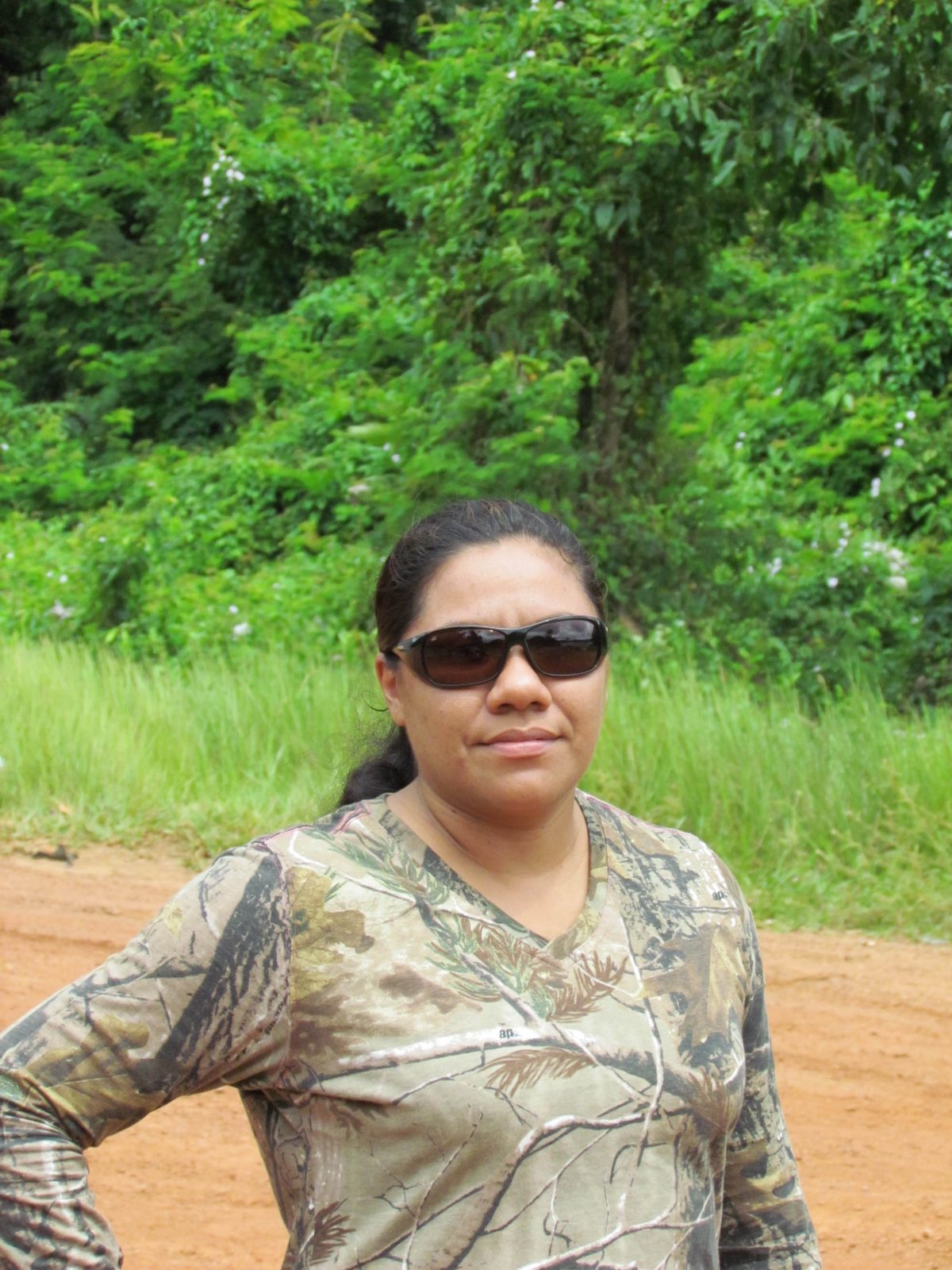Having had to forego the staging of the Rupununi Rodeo twice, in 2020 and again this year, the organisers of Region Nine’s biggest public entertainment, ‘money-spinning’ event, have their fingers crossed, hoping that next year will see a significant injection of resources into its coffers arising out of its first staging of the event in three years.
But Rebecca Rodrigues-Faria, Chairperson of the Rupununi Livestock and Producers Association (RLPA), the planners of the Rodeo, still refuses to make a definitive ‘call.’ “We would like to host Rodeo in 2022, but we have to await confirmation from the (COVID-19) Task Force… and given the new variant (of the pandemic) that we are reading about we will have to wait and see. We cannot say yes or no at this point of time, but we are preparing.” That was as far as she was prepared to go.
Beyond the prevailing speculation as to whether or not next April will see the return of the Rodeo which, over time, has been a critical money-earner for Lethem and the nearby communities, Rodrigues-Faria moved seamlessly into the plans which the Committee continues to make for the event itself. “We are hoping to establish a new site, next to the Rodeo Ground, so that we can have better facilities, more space and better infrastructure as we progress. We need to procure some technical advice in terms of the entire infrastructure… We were hoping to generate funds from the last two Rodeos but that did not materialise.”
Setting aside the COVID-19 menace, putting a successful Rodeo together next year will also depend on whether the cash-strapped Committee will be able to find the funds to do so.
There is no gainsaying the economic impact of the Rodeo on both the ranches and the villages in the Region Nine community. There is something in the event for enterprising families from the villages who would add to their incomes by going to the rodeo ground laden with craft and other indigenous items, seeking the patronage of the ‘spenders’ whose mission at the Rodeo is, singularly, to enjoy themselves. The ‘one-off’ additions to the families’ customarily modest incomes is not something that they can afford to miss out on.
Lethem’s hotels and guest houses also ‘cash in’ on the ‘one-off’ increase in the number of visitors from elsewhere that travel to Lethem with having a good time on their minds.
Restaurants and transportation services get a boost too and the modest tourist sites also benefit from a temporary increase in their visitor numbers. There is also income to be had for ranches by hosting visitors who visit the Rupununi for the Rodeo and to further enjoy its ‘wild side’. Rebecca says that some of these revenues are re-invested in maintenance and upgrading initiatives.
Two years without the Rodeo have meant two years without the customary windfalls. “Without these prize monies many ranch owners were unable to invest in their ranches during the last two years.” Point Ranch, which Rebecca manages, is in the same boat as the others. The ranches, their cows, and their cowboys, bring to the Rodeo the exhilaration and thrills that attend the fast-paced, high-tension events… like the Bull Riding, Bare Back Bronco, Saddle Bronco, Horse-Racing and Cow-Milking, among others.
The Rupununi Rodeo is not just one of Guyana’s major Easter weekend entertainment events, it is, as well, the only hinterland pursuit – leaving aside gold-mining – that attracts the interest of large numbers of coastal Guyanese. Visitors get there by air, bus, SUV, even motor cycles.
The popularity of the Rodeo is reflected in the wide range of commercial sponsorship which the event attracts. Coastal sponsors from the aviation, cattle ranching, banking, hospitality, telecommunications, and retail sales sectors, all throw their financial weight behind the event.
The Rodeo has its origins in the 1960’s at the Pirara Ranch (of which some information is available on the internet in an article “My Life on the Pirara/Meritezeiro Ranch – by Denise D’Aguiar”). It was during those roundups of more than four decades ago, the Rodeo Committee Chairperson says, that the skills associated with the Rodeo, were derived from “the working practices during the cattle roundups” and from which came competitions to determine “the best racehorses and the best breed of cattle, among others.” During the roundups “It was a great feeling of accomplishment among the ranchers to conquer such daunting challenges. As time went by these small competitions became the biggest attraction in the Region. They are now part of the Rupununi culture. These days, the event, officially named The Rupununi Ranchers Rodeo, so named because of its history, is organised by the Rupununi Livestock Producers Association (RLPA). It is held biennially and has become, arguably, the most important ‘domestic’ event on the Rupununi calendar.
The Rodeo was first held at Pirara Ranch in the North Rupununi after which it was relocated to the state-owned ‘Stock Farm’ at St Ignatius. It remained there until the Rupununi Development Company (RDC) donated the Dadanawa Ranch to the RLPA. A 50-acre portion of that was dedicated to the staging of the Rupununi Rodeo after which, in the mid-1980’s, it was further re-located to its current ‘home’ at the Rupununi Ranchers Rodeo Ground at Tabatinga.
The RLPA is committed to celebrating the people, animals, land, and values which make up the Rupununi through this event. The Rupununi Ranchers Rodeo highlights this unique lifestyle which is still vibrant in many parts of the Rupununi, the RLPA Chairperson told the Stabroek Business.






